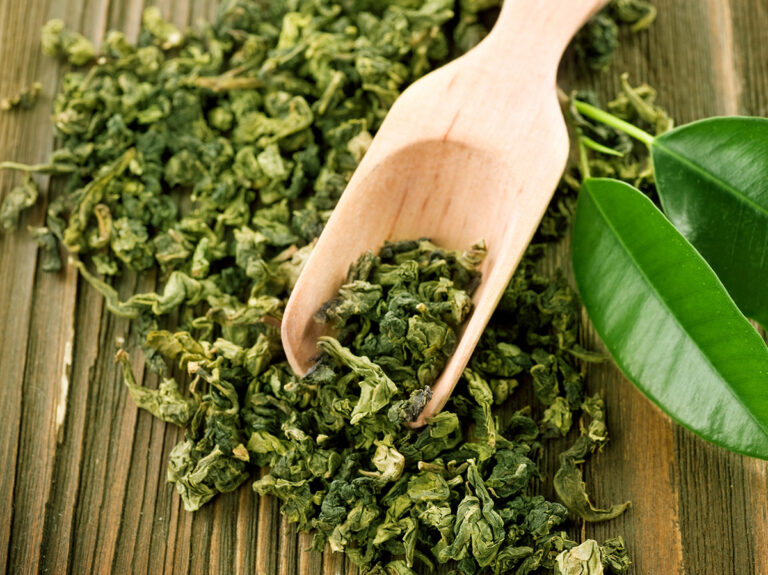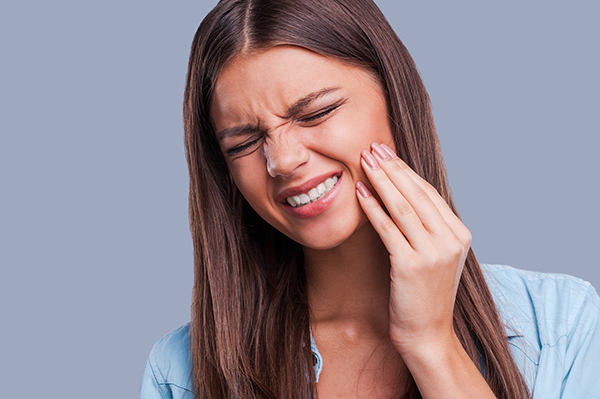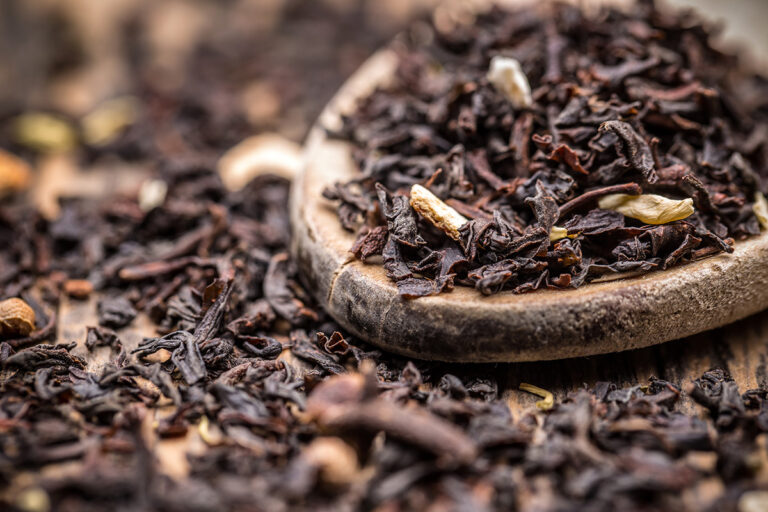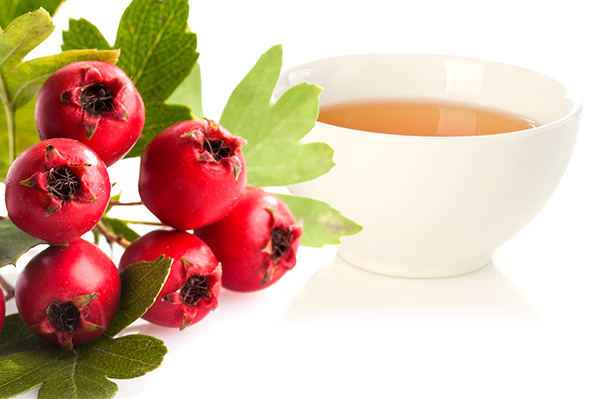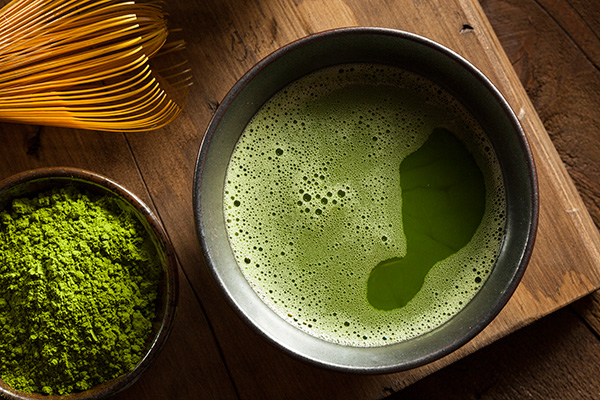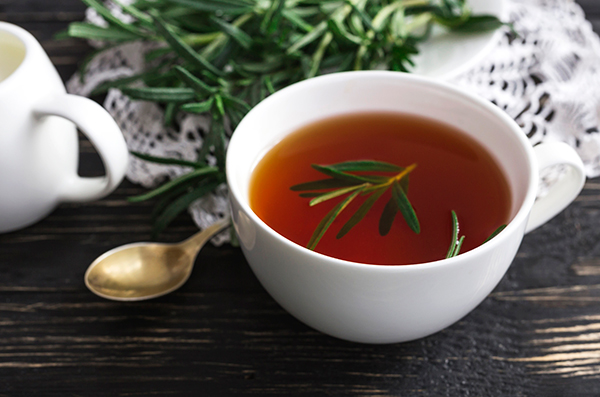Why Does Coffee Give Me a Headache but Tea Doesn’t?
Caffeine is a natural stimulant found in various plants, including coffee beans and tea leaves. It works by blocking adenosine receptors in the brain, which helps keep you alert and focused.
However, this stimulant can have different effects on different people, leading some to experience headaches after consuming coffee but not tea.
So, why does coffee give me a headache, but tea doesn’t? In short, coffee may give you a headache while tea doesn’t due to its higher caffeine content and the presence of certain compounds like chlorogenic acid and N-caffeoylhydroxytryptamide. On the other hand, tea contains lower caffeine levels and compounds like L-theanine, which can counteract the stimulating effects of caffeine and potentially prevent headaches.

How Much Caffeine Is in Coffee and Tea?
One of the main reasons coffee may trigger headaches while tea doesn’t is the difference in caffeine content. Coffee typically contains more caffeine than tea, and this disparity can lead to headaches for some individuals. Here’s a quick comparison of caffeine levels:
- 8-ounce cup of coffee: 95 mg of caffeine
- 8-ounce cup of black tea: 47 mg of caffeine
- 8-ounce cup of green tea: 28 mg of caffeine
As you can see, coffee has significantly more caffeine than both black and green tea. This increased caffeine concentration can make you more susceptible to headaches if you are sensitive to the stimulant.
Sensitivity to Caffeine
Individuals have varying levels of sensitivity to caffeine, which can be influenced by factors such as genetics, metabolism, and tolerance. Those who are more sensitive to caffeine might experience headaches after drinking coffee but not tea, as the lower caffeine content in tea might be better tolerated.
Caffeine Withdrawal
If you are a regular coffee drinker, your body may have developed a dependency on caffeine. Skipping your daily coffee or suddenly reducing your caffeine intake can result in withdrawal symptoms, including headaches.
In this case, switching to tea, which has a lower caffeine content, might not provide enough caffeine to stave off withdrawal symptoms.
Coffee’s Chemical Composition
Aside from caffeine, coffee contains several other compounds that could potentially trigger headaches. These compounds, which are not typically found in tea, can contribute to the headache-inducing effects of coffee.
Chlorogenic Acid and N-Caffeoylhydroxytryptamide
Chlorogenic acid and N-caffeoylhydroxytryptamide (NCH) are compounds found in coffee that may contribute to headaches. These compounds can increase the production of stomach acid, leading to acid reflux and other gastrointestinal issues that can cause headaches. Tea contains significantly lower levels of these compounds, reducing the likelihood of headaches.
Acrylamide
Coffee beans, when roasted, can produce a chemical called acrylamide. This compound has been linked to headaches in some individuals. Tea leaves, on the other hand, do not undergo a roasting process and therefore do not contain acrylamide.
Tea’s Beneficial Compounds
Tea contains certain compounds that could help counteract headaches and make it a more tolerable option for individuals prone to caffeine-induced headaches.
L-Theanine
L-Theanine is an amino acid found almost exclusively in tea leaves. It has been shown to promote relaxation and counteract the stimulating effects of caffeine. By reducing the jitteriness and increased heart rate associated with caffeine, L-Theanine might help prevent headaches in those who drink tea.
Antioxidants
Tea, especially green tea, is rich in antioxidants called catechins. These compounds have anti-inflammatory properties, which might help to reduce headache symptoms. Coffee, although it also contains antioxidants, has a different profile of compounds that may not offer the same benefits.
Additional Benefits of Switching From Coffee to Tea
Transitioning from coffee to herbal teas could potentially relieve symptoms of tinnitus in some individuals. However, despite anecdotal evidence, it’s important to note that there isn’t sufficient scientific research at present to establish a direct link between caffeine consumption and tinnitus. Therefore, further studies are needed to confirm these potential benefits.
Tips for Preventing Headaches
If you find that coffee causes headaches, but tea doesn’t, consider making some adjustments to your caffeine consumption habits. Here are a few tips:
- Gradually reduce your coffee intake and switch to tea, preferably with lower caffeine content, such as green or herbal tea. This gradual change can help your body adjust to the lower caffeine levels without triggering withdrawal symptoms.
- Opt for decaffeinated coffee if you prefer the taste of coffee but want to avoid headaches. While decaffeinated coffee still contains trace amounts of caffeine, it is significantly lower than regular coffee.
- Maintain a consistent caffeine intake throughout the day to avoid sudden spikes or dips in caffeine levels, which can trigger headaches. Drinking small amounts of tea or coffee at regular intervals can help maintain a stable caffeine level in your system.
- Stay hydrated. Dehydration can contribute to headaches, so it’s essential to drink plenty of water throughout the day in addition to your coffee or tea.
- Pay attention to your body’s signals. If you notice that your headaches are more frequent or severe after consuming certain types of coffee or tea, consider eliminating them from your diet and observe if there’s any improvement.
- Keep a headache diary. Tracking your caffeine consumption and headache occurrences can help you identify patterns and potential triggers. Note the type and amount of caffeinated beverages you consume, as well as the time of day and any headache symptoms you experience.
Conclusion
The reasons why coffee might give you a headache, but tea doesn’t can vary from individual to individual. Factors such as caffeine content, sensitivity to caffeine, chemical composition, and the presence of beneficial compounds in tea can all contribute to this difference.
By understanding these factors and adjusting your caffeine consumption habits accordingly, you may be able to enjoy your favorite beverages without triggering headaches.

